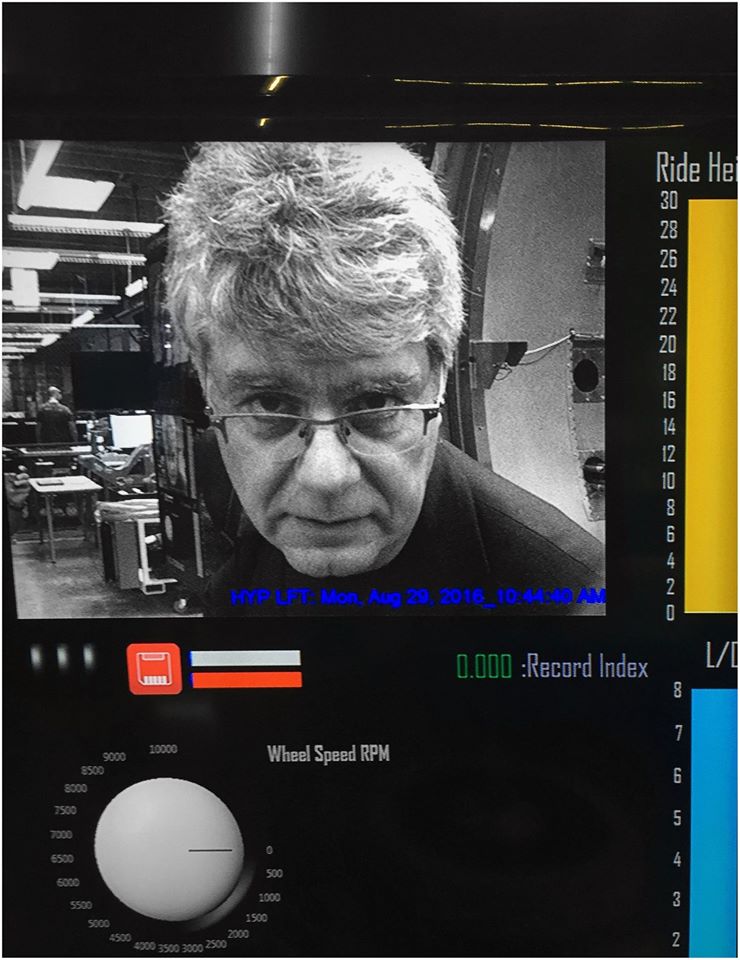Für mich als Absolventen eines Alexander-von-Humboldt-Gymnasiums und studierter Geograph ist es eigentlich fast eine Schande, dass ich den Termin gar nicht wusste und erst durch eine kleine Notiz im Economist drauf gestoßen bin: Am 6. Mai jährte sich zum 150. Mal der Todestag von Alexander von Humboldt.
Natürlich ist Sterben an sich keine Leistung, die besondere Würdigung verdient – es ist das Leben, das diesem Sterben voran ging, das solche Tage denkwürdig macht. Der Tod setzt alles, was in diesem Leben geschah, in die Vergangenheitsform – Präsens und Futur scheinen für immer aus der persönlichen Geschichte verbannt. Um so erfrischender, dass der Economist in einem ausführlicheren Online-Artikel (auf den die oben erwähnte Notiz hinwies) den preußischen Universalgelehrten vor allem für seinen Beitrag zum aktuellen und künftigen Kampf gegen den Klimawandel rühmt:
Dismissive of collecting for collecting’s sake, Humboldt punctiliously recorded the physical attributes and precise geographic location of items that caught his interest. (…)
Aware that any such study required broad international scientific collaboration, Humboldt became its early champion. In this he was helped by his considerable organisational skills. He arranged what some regard as the first modern scientific congress, which took place in Berlin in 1828. Humboldt’s drive to establish a network of meteorological and geomagnetic-measurement stations across northern Asia, was later hailed by “Encyclopaedia Britannica” as “that scientific conspiracy of nations which is one of the noblest fruits of modern civilisation”. (…)
His reputation started to recover only recently, when policymakers realised that threats such as climate change are global and thus require global solutions. Tackling such issues would not just need to incorporate disparate scientific fields (many of which, including biogeography, meteorology and oceanography, Humboldt helped to establish), but also to engage people all around the world. This realisation has fortuitously coincided with technological breakthroughs, such as the internet, which have greatly facilitated both interdisciplinary and international co-operation. Humboldt’s dream, though not necessarily his name, has once again gained currency.
Alexander von Humboldt mag seit eineinhalb Jahrhunderten tot sein – doch wie man sieht, können wir ihn heute noch mit Gewinn beerben.





Kommentare (4)